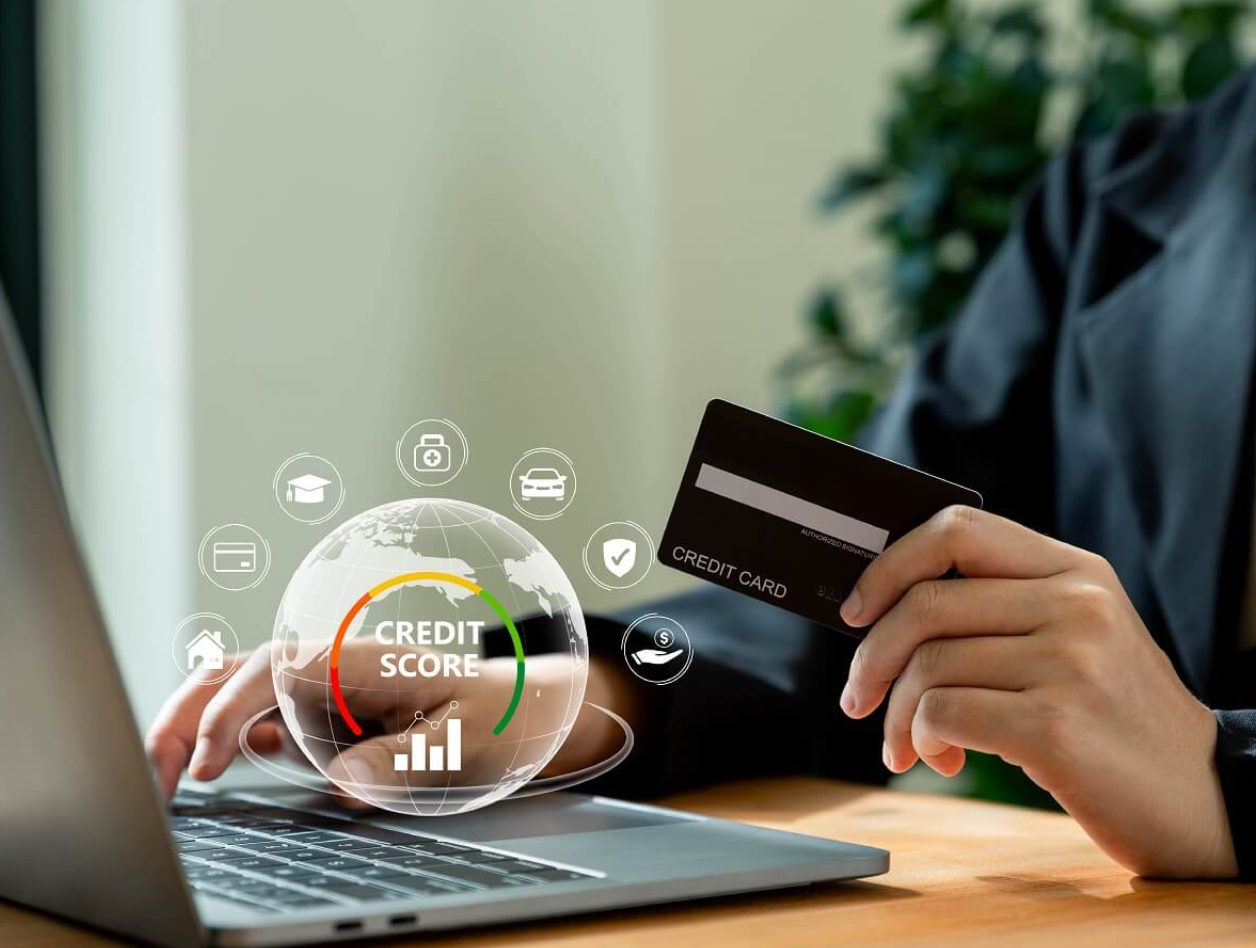- Personal Credit Score
- Personal Credit Report
- Identity Verification

What is identity verification?
Identity verification is the process of checking and confirming an individual’s personal information to ensure that they are who they claim to be. This process typically involves verifying official documents such as:
- Identification documents: citizen identification card (CCCD), or passport.
- Residential registration: Official address verification through household registration books or temporary residence certificates.
- Account information: Verification via registered phone numbers, email addresses, or online accounts.
- Voter registration: In some countries, voter registration is used as a means of identity verification.

What is its purpose?
The primary purpose of identity verification is to protect financial transactions, online services, and credit applications from fraud, identity theft, and ensure the legitimacy of transactions. In Vietnam, identity verification is often required when opening bank accounts, applying for credit, registering for electronic services, or engaging in other legal transactions.

What is identity fraud?
Identity fraud occurs when someone unlawfully uses another individual’s personal information for financial gain or to commit illegal activities. Stolen information may include names, national identification numbers, bank account details, or credit card information.
- Fraudsters often use stolen identities to open bank accounts, obtain credit, shop online, or impersonate the victim in financial transactions.
- Identity fraud can have serious consequences, such as damaging an individual's credit score, incurring unexpected debt, or making it difficult for the victim to access credit or other financial services in the future.
- Often, identity fraud is discovered late, after the victim has already suffered financial harm or notices a credit denial or unexpected bills for transactions they did not authorize.

Common methods fraudsters use to steal identities in Vietnam
In Vietnam, fraudsters use several methods to steal identities for illegal purposes. Common tactics include:
- Phone scams (Vishing): Fraudsters impersonate bank employees or government officials to trick victims into revealing personal information like account numbers, passwords, or OTP codes.
- Email and SMS scams (Phishing & Smishing): Sending fake emails or texts from financial institutions to deceive victims into clicking on links or downloading attachments, which install malware to steal information.
- Cyberattacks and malware: Using malware to infiltrate victims’ devices and collect financial information and passwords.
- Social media identity impersonation: Fraudsters create fake accounts to deceive the victim’s friends or family into transferring money or providing additional personal information.
- Theft of personal documents: Stealing documents such as national IDs, citizen IDs, or credit cards to open bank accounts or conduct unauthorized transactions.
- Data leaks: Exploiting leaked information from companies or banks to steal users' identities.
- Impersonation of financial employees: Fraudsters pretending to be bank employees to collect financial information in person or via direct contact.
- Fake QR codes: Creating malicious QR codes that, when scanned, install malware on the victim's device to steal information.

Warning signs of identity fraud
Recognizing and acting quickly on early warning signs of identity fraud is critical to preventing further damage. Key signs to watch for include:
- Unusual transactions: Regularly review bank and credit card statements. If you see any unfamiliar transactions, it may be a sign of fraud.
- Missing important mail or bills: If expected bills or correspondence fail to arrive, it could indicate that your information has been diverted by a fraudster.
- Notifications of accounts or services not registered: Receiving notifications from banks or financial institutions about accounts or services you did not sign up for could be a sign of unauthorized use of your identity.

- Frequent credit report checks: Regularly review your credit report for any loans or accounts you didn’t apply for, or associations with unfamiliar addresses. Detecting unusual activity early can help you prevent further fraud.
- Invalid transaction confirmation emails or letters: Receiving transaction or payment confirmation emails for accounts you didn’t set up, or receiving unsolicited credit cards by mail, are signs of potential fraud.
- Debt collection notices for unpaid loans: If you are contacted to repay loans you didn’t take, it strongly indicates identity theft.
- Credit denial without reason: If you are denied credit or a loan despite having a good credit history, it could indicate identity fraud.
- Notices from tax authorities: Receiving tax notices for income you didn’t earn or liabilities you don’t owe can indicate that your identity is being misused.
- Unsolicited bills or welcome letters for services not applied for: Receiving bills or welcome letters for services or accounts you didn’t open is another red flag.
- To protect yourself, closely monitor transactions, regularly check your credit report, and act promptly when you notice any suspicious signs.

How to protect yourself from identity theft
Understanding early warning signs and developing good information security habits are effective ways to prevent identity fraud. Individuals can also use NewWorld CIC's services to safeguard their identity and manage their credit securely.
- Be cautious when sharing personal information over the phone, email, or social media.
- Verify all communications from banks and credit institutions and avoid clicking on links or downloading attachments from untrusted sources.
- Use strong passwords and enable two-factor authentication (2FA) for online accounts.
- Regularly review and monitor your credit report for any unauthorized transactions.

